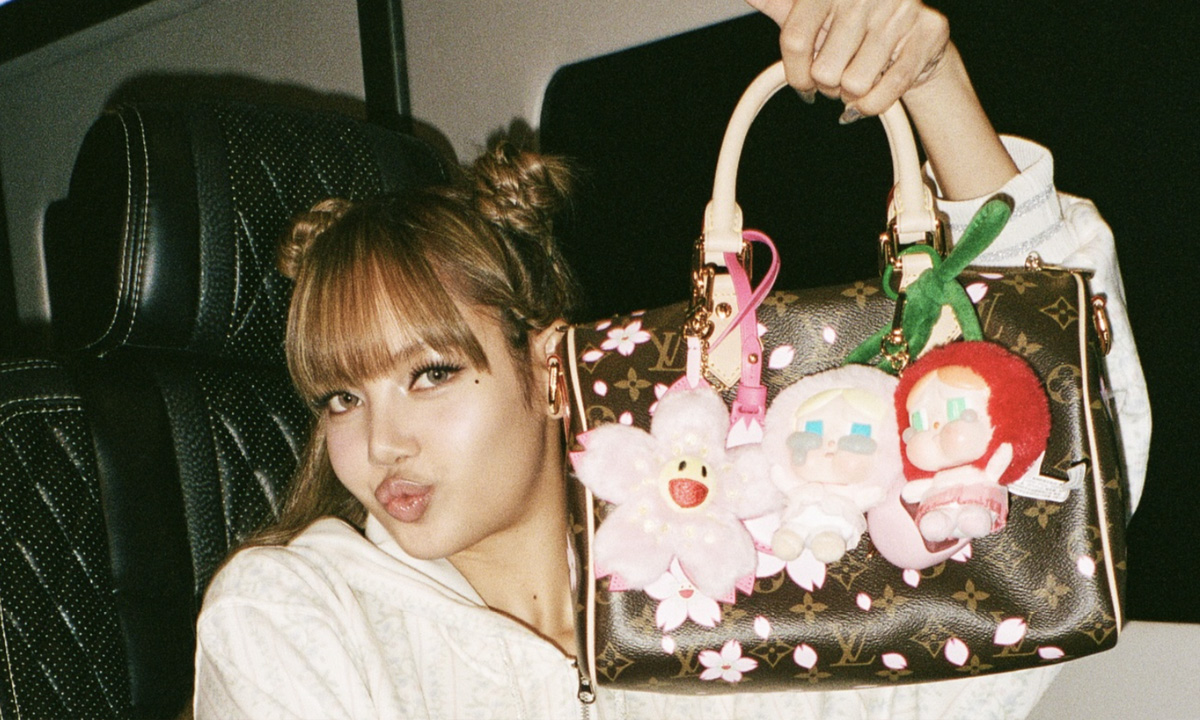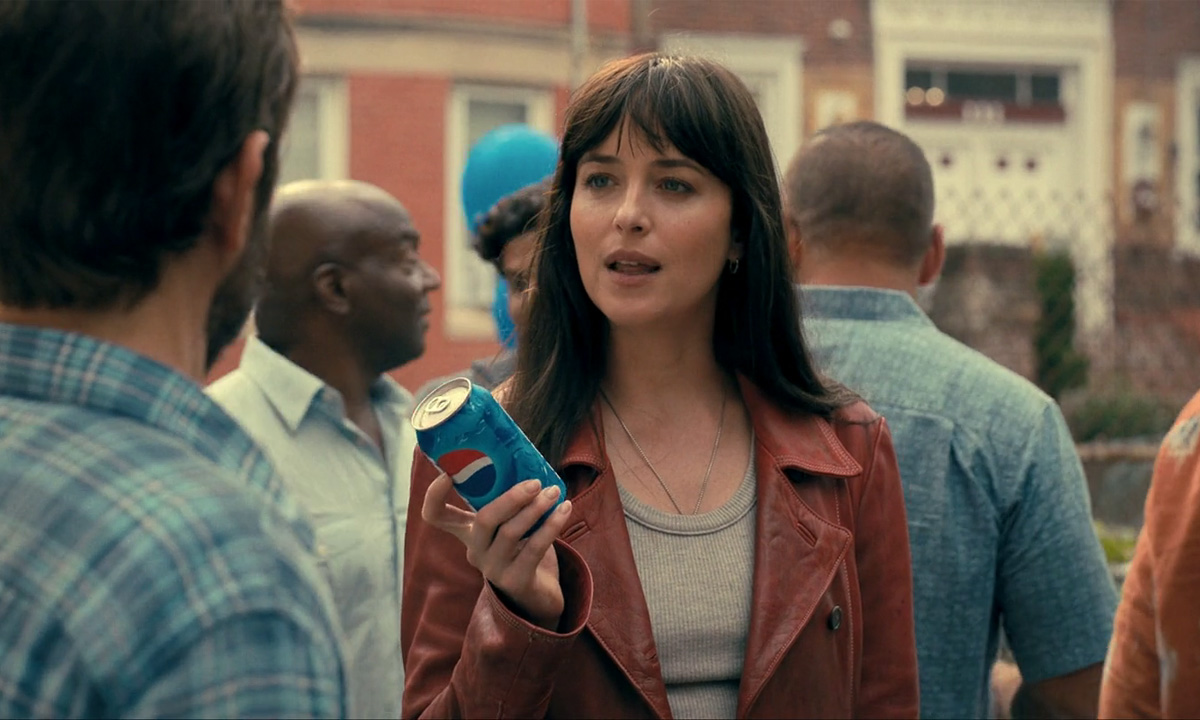We think recession buys are always cheap. Dollar store energy. But sometimes, the clearest signal isn’t less — it’s more for something that makes no rational sense. Would you pay $22 for a smoothie… or are you just buying control?

What Your Cart Says About the Recession
The “R” word doesn’t start with job cuts or economic forecasts. It starts when the checkout cart starts looking… cuter. Cheaper. Smaller. But still full.
A $6 impulse serum. A $12 “calm” gummy. A $28 figurine with a deranged little smile. Not essential. Not exactly frivolous. Just enough to feel something.
The Mascot, Not the Movement
In a world where luxury feels out of reach, Labubu is luxury — in cosplay. It’s the perfect product for the moment: affordable enough to feel harmless, indulgent enough to feel something, and portable enough to clip to your emotional baggage.
But Pop Mart’s Labubu is not a toy. It’s a totem of economic exhaustion. The Monsters series generated over $420 million USD in revenue. That’s more than any other Pop Mart IP — including the once-dominant Molly. The brand has turned a $14 blind box into the most honest indicator of a recession.

Not Less, Just… Differently
In 2008, it was lipstick. The idea was simple: even during financial downturns, people would still buy small luxuries like a new lipstick to feel good, even if they couldn’t afford bigger purchases.
The same trend was observed during the Great Depression — when, despite mass unemployment and poverty, cosmetic sales held steady or even rose. Lipstick became a small but powerful symbol of resilience, a way to preserve dignity and self-worth in an unstable world.
It was emotional self-preservation — in a tube. Today, it’s anything that costs under $30 and promises transformation. We’re seeing the rise of:
- Mood Marketing: Products that don’t just solve problems — they promise “reset,” “clarity,” or “romance.”
- Therapy-Shaped Things: Journals, sound baths, glow drops, “inner child” card decks.
- Domestic Luxury: Soaps that smell like hotels. Dish sprays with minimalist fonts. Candles with stories.
This isn’t wellness. It’s emotional commerce. During the pandemic — even before inflation spiked — people were doing something similar. They bought the cheapest item from designer brands just to feel a sense of connection, identity, or control. Maybe it wasn’t a recession, but it was emotional triage. And we’re seeing echoes of that behavior again now.
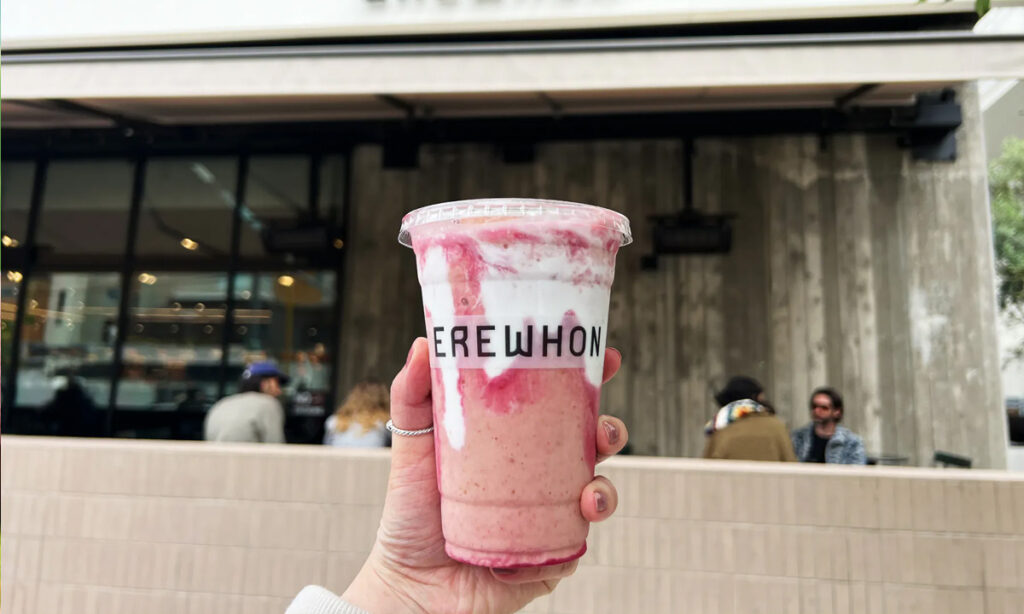
What’s in the Recession Cart
It’s not about looking good for less. It’s about feeling something when everything feels off. Luxury becomes micro. Indulgence becomes discreet. Pleasure becomes programmable.
Let’s take a peek:
- Snacks: “Functional” chips, nootropics in soda cans, serotonin chocolates
- Skincare: Refillable balms, touch-up rollers, cute jars for sad girls
- Home: Warm lighting, sound machines, fake morning sun
- Supplements: Sleep, calm, mood — emotional keywords disguised as pills
- Toys for adults: Labubu, Sonny Angel, blind box anything
Every item says: “I might be spiraling. But at least I’m aesthetically spiraling.” And in a culture where hope is expensive, consumers’ carts are a hit of harmless, indulgent rebellion. Same cart. Different coping mechanism.
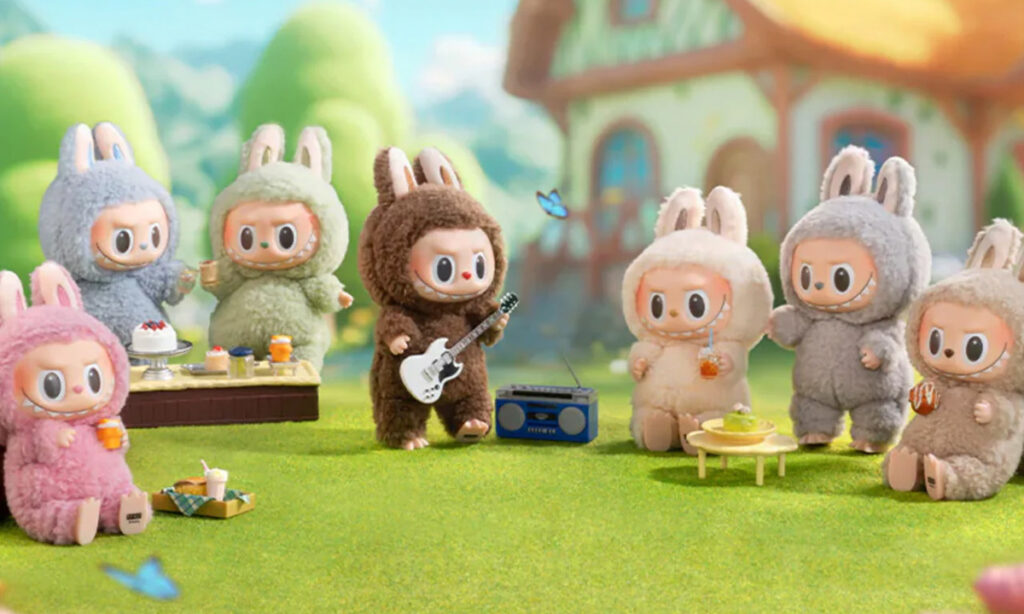
A New Consumer Index
You can’t fight a vibe with a value prop. You can’t win on logic in an emotional economy.
In a world recalibrating its joy-to-cost ratio, the brands that stick aren’t the ones shouting louder — they’re the ones whispering when it counts.
It’s not about better pricing or smarter features. It’s about knowing that someone might be shopping not for function, but for a flicker of relief at 11pm. Not for results, but for a sense of I’ve got this.
If your brand can nest into someone’s rituals — their wind-down, their reset, their get-me-through-this-moment — that’s where you win. Because in 2025, attention is fragile, loyalty is rented, and emotional utility is everything.
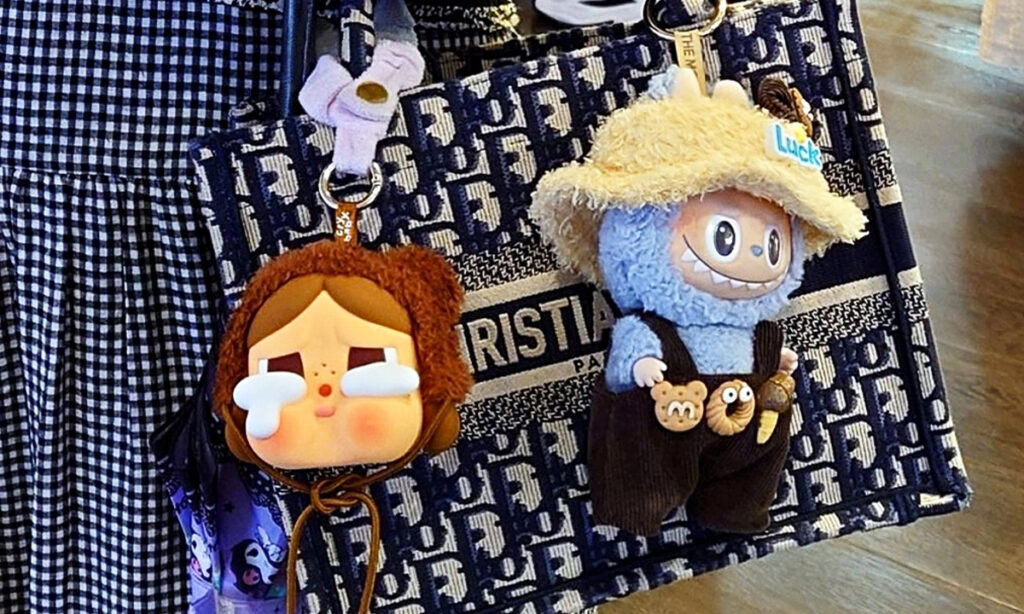
Tiny Totems of Control
We’re not heading into a consumer freeze. We’re already in a consumer recalibration — where identity is shrunken, desire is algorithmically channeled, and purchases are just little acts of control.
In that world, what wins isn’t always cheaper. It’s softer, smaller, and more emotionally fluent. Next time someone says the economy’s fine, check their cart. And if there’s a tiny plush with teeth inside? Yeah. You already know.
